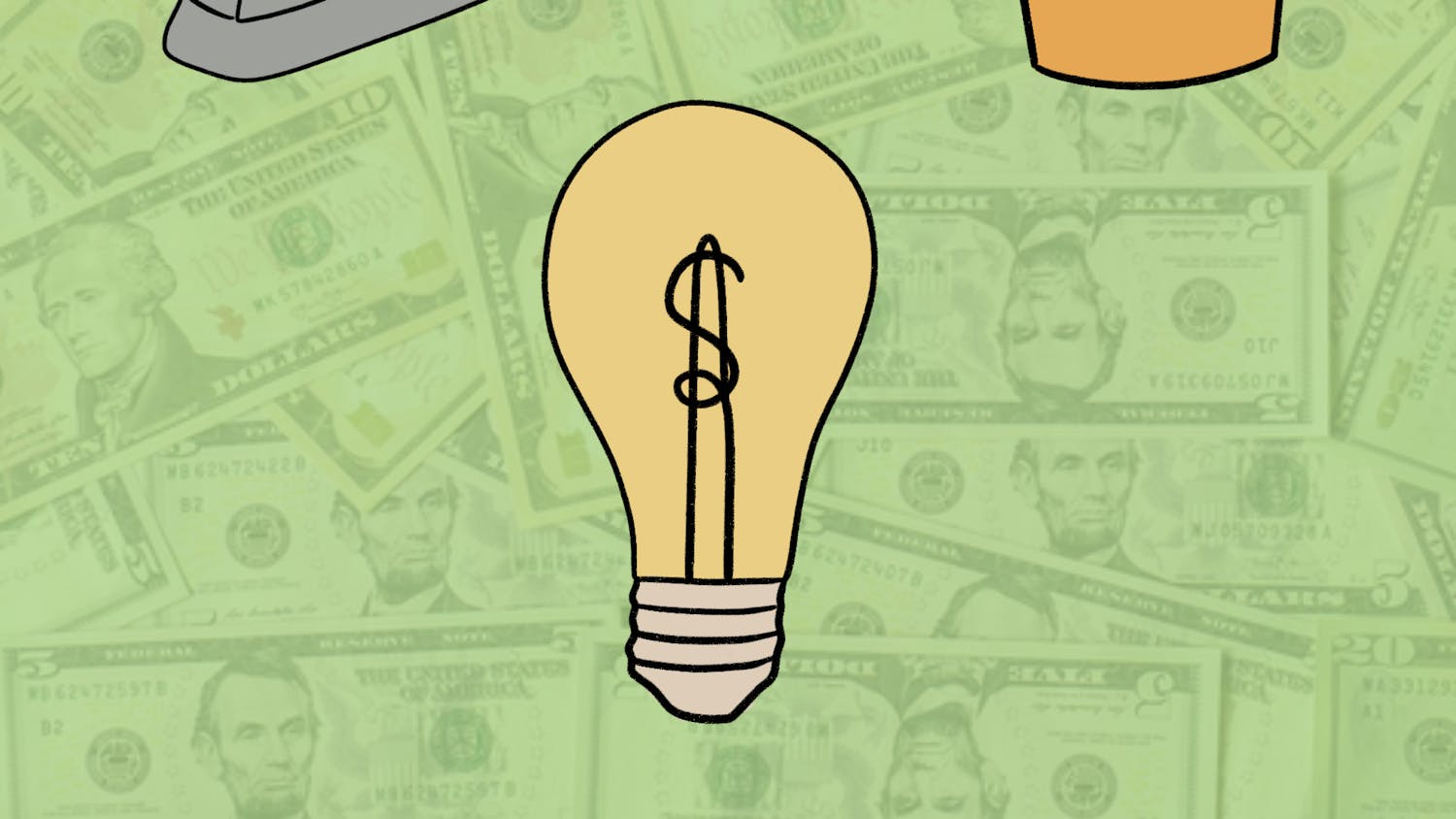As I’m sure you can tell from yesterday’s editorial, the talented David Hoffman is taking a break from writing. With that sad news behind us, I feel like I should reintroduce myself. My name is Zachary Lee. I’m very excited to announce that I will be joining the Alligator in a more involved capacity for the remainder of the semester. I’m humbled and honored (typical tacky word choice, but sincere, I assure you) to have you all as my audience.
I’ll open with a discussion about medicine — specifically, the recent development of a leukemia-fighting drug called Venetoclax. Trials for the drug were, for the most part, huge successes. The drug “melted” away cancer in some stage-four patients over the course of a study of the drug, which started officially in 2013.
The drug was fast-tracked for approval in the U.S. Meanwhile, Australia, where the drug was developed, is still apprehensive about approving it. The European Union is also hesitant to accept it into its borders. While there are no known side effects, participants in the trial have, at best, only been off of the medication for three years. For the record, people who smoke for shorter periods of time than this trial can still suffer the fatal effects of smoking much more than than three years later.
It seems fundamentally irresponsible for the FDA to approve a medicine in which the long-term side effects have yet to be discovered. We here at the Alligator feel they should follow Australia and the EU’s lead in simply waiting to make sure everything checks out, especially since Australia’s own scientists were the ones behind the medicine’s creation.
Meanwhile, we have a pretty serious dilemma here. According to the Leukemia and Lymphoma Society, 9.8 percent of all cancer-related deaths in the United States stem from leukemia and lymphoma. The society estimates that 160 people each day die from a blood cancer. That’s one person every nine minutes. There is undeniably a sense of urgency that must be acknowledged in terms of the FDA approving Venetoclax. But in terms of practicality, what about distribution?
Pharmaceutical companies, those responsible for distributing these types of drugs, have deservedly gotten a lot of bad press lately. How are we to trust that they will responsibly dole out Venetoclax? We are still getting over Martin Shkreli, the “Wolf of Wall Street” wannabe who marked up life-saving drugs 5,000 percent. To make matters worse, he spent some of that money on the only copy of “Once Upon a Time in Shaolin,” the Wu-Tang Clan’s secret treasure album. Well, Mr. Shkreli, the American people may be one thing you have mucked up, but the Wu-Tang Clan ain’t nothing to muck with.
Even more recently, Mylan’s EpiPens have been increasing in price steadily over the last few years, to the point of absurdity. A pack of two EpiPens costs about $600, which is more than a 400-percent increase since 2009. This is blackmail. If you do not pay these companies absurd amounts of money, way beyond operating costs, material assembly, paying workers fairly, etc., they will withhold your health from you.
If we have learned anything then, dear reader, from Shkreli’s and Mylan’s price hikes, it is that simply approving this drug is not enough, even if the long-term side effects turn out to be tolerable. More needs to be done, on a fundamental level, about how we take care of our sick here in America.





